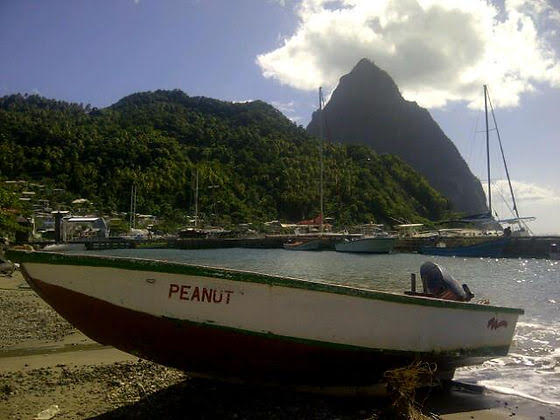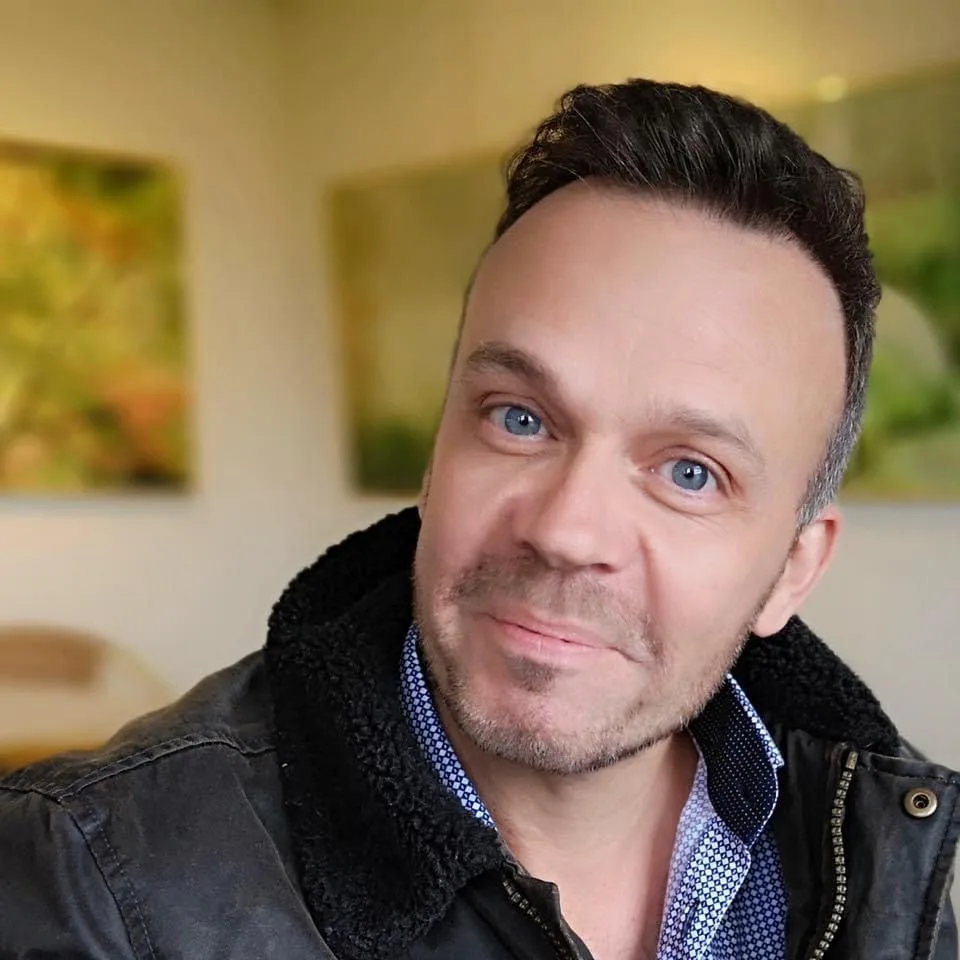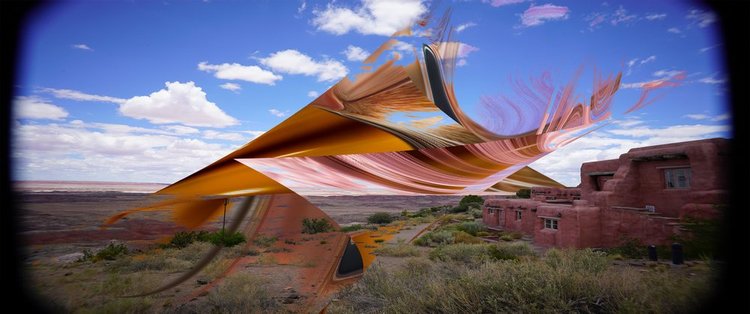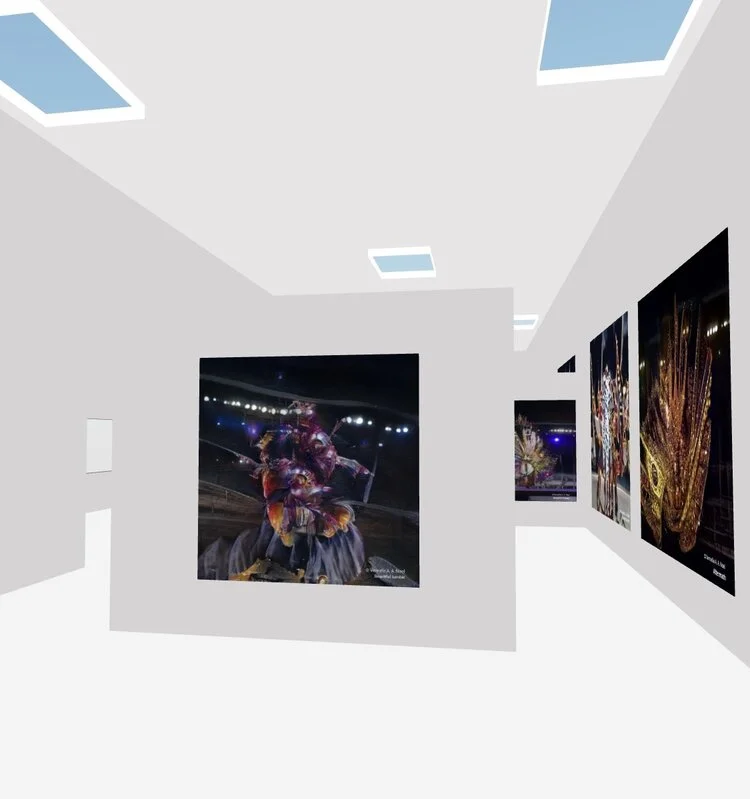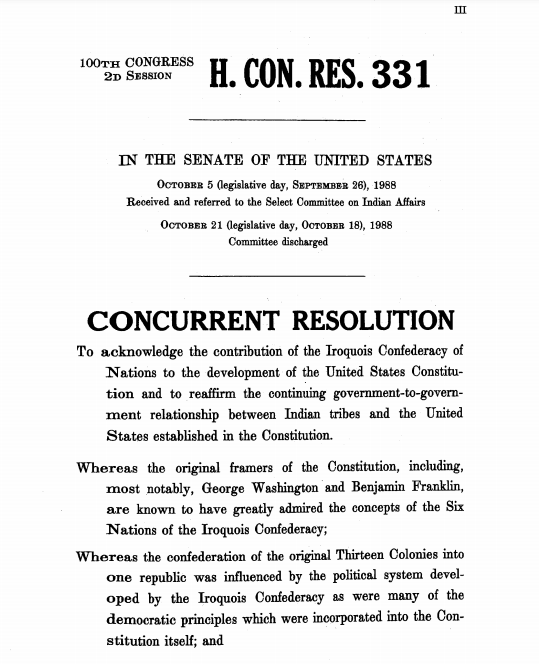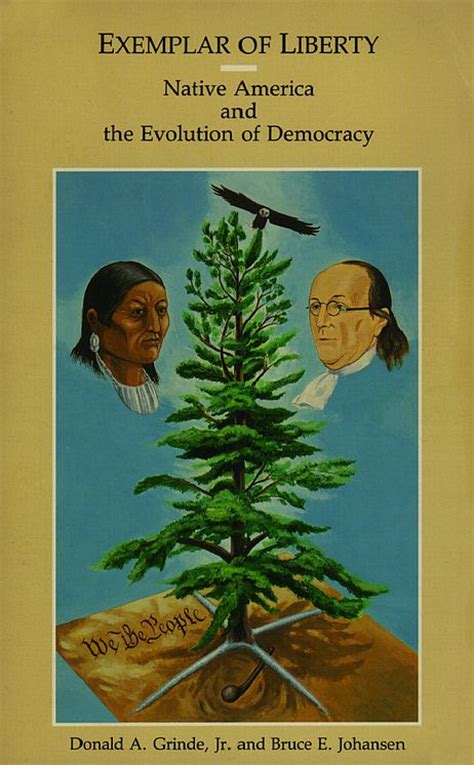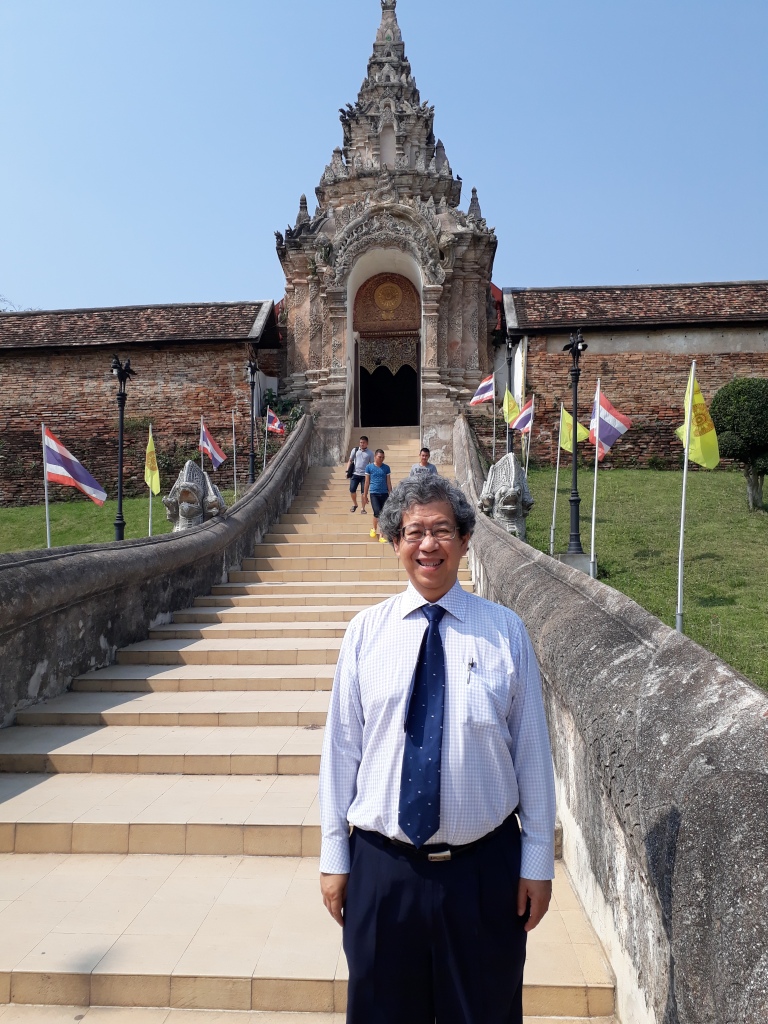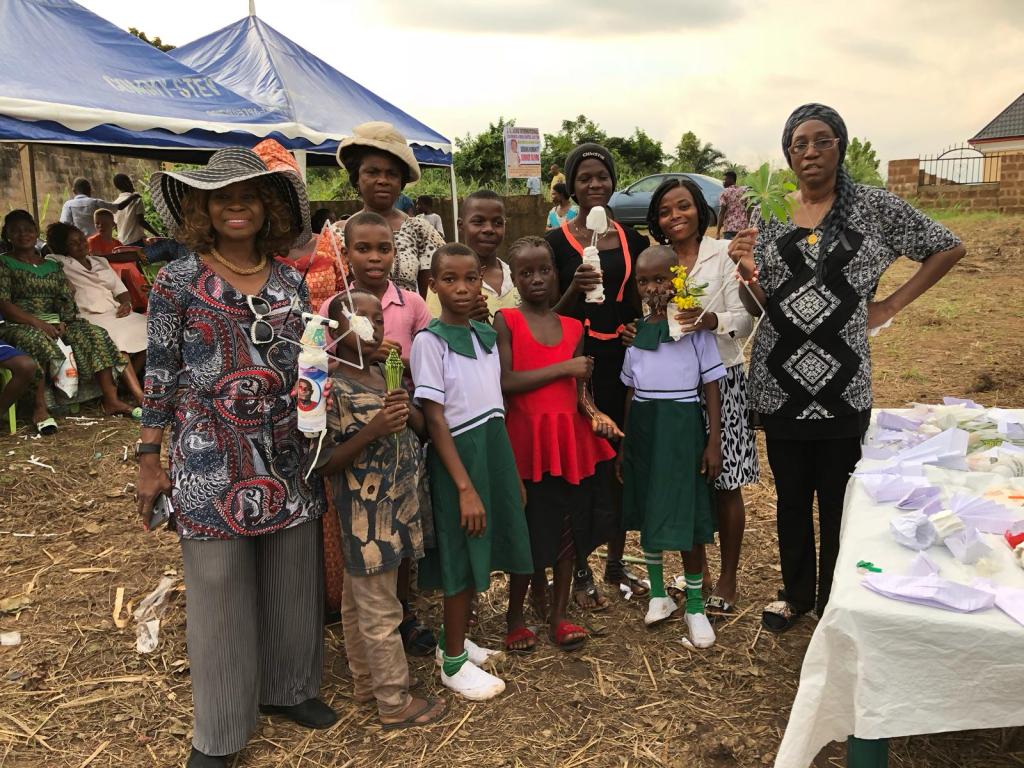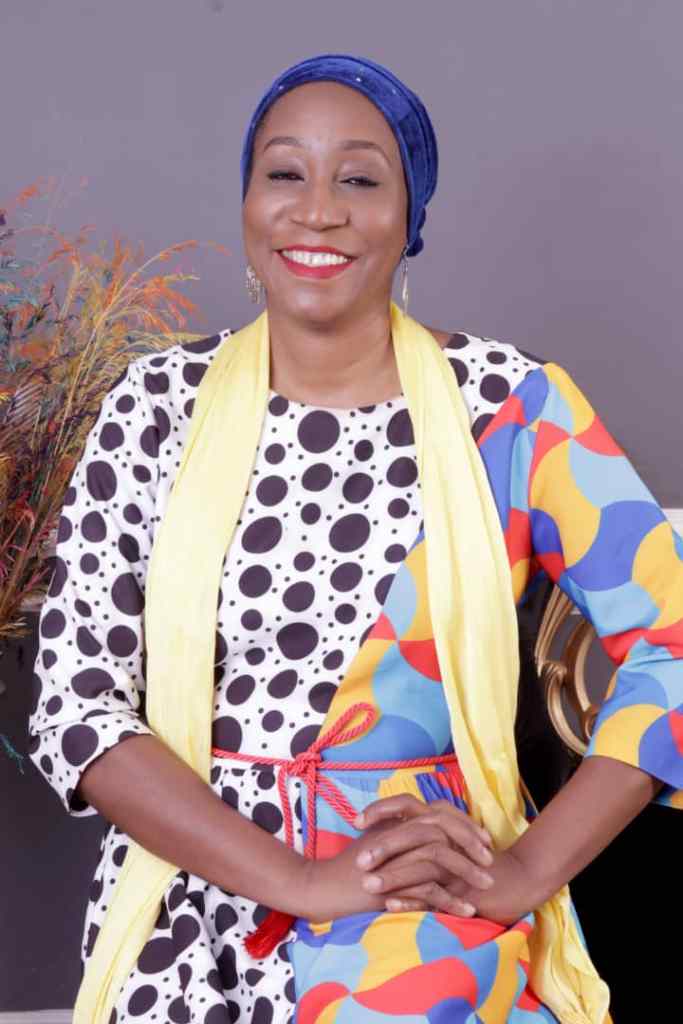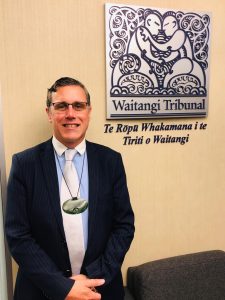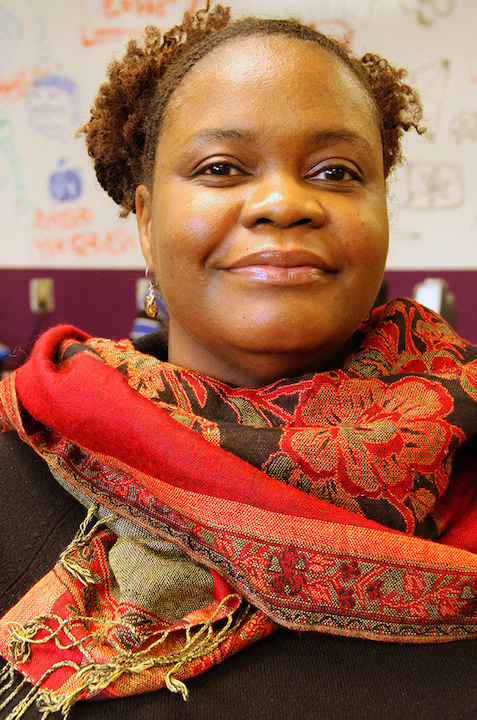This post is republished from the Shaping Interdisciplinary Practices in Europe Project (SHAPE-ID) website. SHAPE-ID is an EU-funded project addressing the challenge of improving interdisciplinary cooperation between the Arts, Humanities and Social Sciences (AHSS) and STEM (Sciences, Technology, Engineering and Mathematics) and other disciplines.
by Keisha Taylor Wesselink – Research Fellow (SHAPE-ID)
The labyrinth is something that you cannot help entering. Once inside it, you have no idea where you are, you feel lost, you are robbed of a sense of direction, but perhaps that does not matter. You will never see the whole design, but you can live with that. There are terrors within the labyrinth but there is also love. The centre may not be where you think it is or where you want it to be. But humans desire pattern and shape and design. They spin thread, they tell stories, they build structures. There is meaning to be made, meaning to be excavated.
Charlotte Higgens author of Red Thread: On Mazes and Labyrinths

Flat labyrinth by Joachim Aspenlaub Blattboldt
I first came to ‘interdisciplinarity’ as a subject when I studied for an MSc and a PhD in Web Science. However, in essence I was a practitioner long before I ever used the term. Indeed, many of us are, even if we don’t give it the name. For what should underlie and inform interdisciplinarity is courage, curiosity, creativity and reflection. It should be characterised by mutual respect, co-creation, trusted, equal and diverse partnerships. Interdisciplinarity should aim to uncover new ways of looking at the world, identify problems, find solutions and rethink impact to benefit our shared humanity. The modern concept of a ‘discipline’ is relatively new, dating to the late nineteenth and early twentieth centuries. Given the complexity of the interconnectedness of our problems we must rethink how we teach and do research, drawing inspiration from the past and all cultures.
This idea of interdisciplinarity is evident in my work on technology policy, internet governance, open and big data with people from the technology, business, non-profit and government worlds. This can be seen in my work which focuses on supporting communities to take asset-based approaches, and my experience working in multicultural London and Trinidad and Tobago. For me, interdisciplinarity and the freedom to go beyond boundaries should lie at the heart of research and education. Despite persisting obstacles, I would hazard a guess that many academics and teachers wish for this as well.
Interdisciplinary as a term as well as its meaning has also evolved for me as a practicing Web Scientist as I now study it as a mode of knowledge production in its own right for the SHAPE-ID project. Indeed, we needed this work not today, but yesterday! In 2006 the Web Science Doctoral Training programme was launched at the University of Southampton with recognition that anyone from any discipline, for example, history, philosophy, computer science, anthropology, sociology, politics, chemistry, math … and the list goes on … would benefit from having in-depth knowledge of the web and the internet as a sociotechnical structure. Training in inter- transdisciplinary approaches was essential for helping us to anticipate, understand and address opportunities and challenges that arise with web use. In 2006 Facebook was also newly created. Back then, there was no Twitter, WhatsApp, Spotify, Airbnb and Instagram. Amazon was not what it is now and many of the businesses we engage with that rely on these technologies simply did not exist. The pace of technological growth is mind boggling and artificial intelligence solutions are accelerating.
We all enjoy the convenience and speed of global communication today. Yet we also live in a world of misinformation, cyber threats and political and economic destabilisation. Even more challenging times exist and lie ahead. All of this is unravelling in real time, in the midst of a global environmental crisis, a global COVID-19 pandemic and rising levels of inequality. The pandemic has revealed just how fragile and interconnected our systems are. It also laid bare just how much we rely on the technologies that connect us.
Too many of us reason that our problems are ‘just too difficult to deal with’ … ‘we are powerless’ … ‘let’s deal with this another day’. I dare to hope. I challenge myself to dig deep and side with optimism by deciding we can work together to do better. We can go beyond boundaries to understand and tackle our interconnected issues, crafting a human story that benefits all in the process. As the pandemic shows and our historians will explain, these issues have not gone away. They come back time and time again, forcing us to look at ourselves. Forcing us to look in the mirror, again.
There is beauty in myriad types of collaborative and integrative research in spite of divisive names like interdisciplinary, transdisciplinary, multidisciplinary and cross-disciplinary. Lest we forget, there is also power in doing away with labels. Our linguists can explain the varied and powerful meanings embedded in the language we use which can also constrain us. We must allow for serendipity and synchronicity. We must benefit from the imagination and humanity courted by the arts, humanities and social sciences to understand, explore and address issues emerging from our research.
It is against this backdrop of my own experience that I have been tasked with developing a taxonomy and shared language for the integration of Arts, Humanities and Social Sciences (AHSS) disciplines and with Science Technology Engineering, Math and Medicine (STEMM) disciplines. My research on interdisciplinary classification systems, including taxonomies, frameworks and typologies has been informative. My work will be underwritten by the very rich SHAPE-ID research project data (an extensive literature review, surveys, interviews and the findings from some very revealing workshops). This taxonomy will be designed to help not just AHSS and STEMM researchers, but policymakers, funders, universities, other academic institutes, cultural institutions, enterprise, civil society organisations and other users. I provide just a few scenarios that the taxonomy aspires to cover:
Researcher
You have the opportunity to do interdisciplinary work, but you have no idea where to start.
- Find out what you need and how you can be supported.
Universities
You support inter- and transdisciplinary research opportunities for Arts and Humanities researchers but there is not as much uptake as you would like.
- Find out how your university can be more supportive.
Policymaker
You do not fully understand how Arts and Humanities disciplines can contribute to a project that is very STEMM focused but you want to include AHSS researchers. There are no examples of what to do.
- Learn why it is important and how you can support their involvement.
Funder
You are not sure how a funding call can be structured and evaluated to encourage AHSS participation in IDR/TDR.
- Find out more about structuring funding calls and improving evaluation.
Enterprise
You would like to do more work with AHSS researchers but you are unsure about where to start.
- Find out more about working with academia.
Citizens
You would like to include citizens in your work and IDR/TDR assessment.
- Learn more about including citizens.
These are just some of the issues being mapped and navigated for the inter- and transdisciplinary maze or labyrinth each stakeholder group can encounter. I hope the maps lead us to each other, to reassess impact and find solutions together, some of which we would never have imagined otherwise. I end with the passage below. It conjures memories of wanderings on the island of Ireland, and special weekly coffee mornings at the Long Room Hub Arts and Humanities Research Institute at Trinity College, Dublin, where I am based for this project.
Let’s navigate the maze. Let’s persist in exploring ways through our labyrinth.
… that mazes are in relation to directions what betwixts-and-betweens are in relation to opposites. In passing through a maze one is not going in any particular direction, and by so doing one reaches a destination which cannot be located by reference to the points of the compass. According to Irish folk-belief, fairies and other supernatural beings can cause a man to lose his bearings…it is when the voyagers have lost their course and shipped their oars – when they are not going anywhere – that they arrive in the wondrous isles.’
Alwyn Rees and Brinley Rees – Celtic Heritage: Ancient Tradition in Ireland and Wales (346)
Dr Keisha Taylor-Wesselink is a Research Fellow on the SHAPE-ID project at the Trinity Long Room Hub Arts & Humanities Research Institute, Trinity College Dublin, where she is developing a taxonomy and shared language to support collaboration between and integration of the Arts, Humanities and Social Science (AHSS) disciplines with Science, Technology, Engineering, Maths and Medicine (STEMM) disciplines. She also started Techilosophy to explore the ways contemporary and alternative culture and phenomena, especially from indigenous cultures and the Global South, can aid understanding and development of science and technology. She has an MSc (with distinction) and a PhD in Web Science from the University of Southampton, an MA in International Relations from the Universiteit van Amsterdam and a BSc in Sociology from the University of the West Indies in Trinidad and Tobago.
